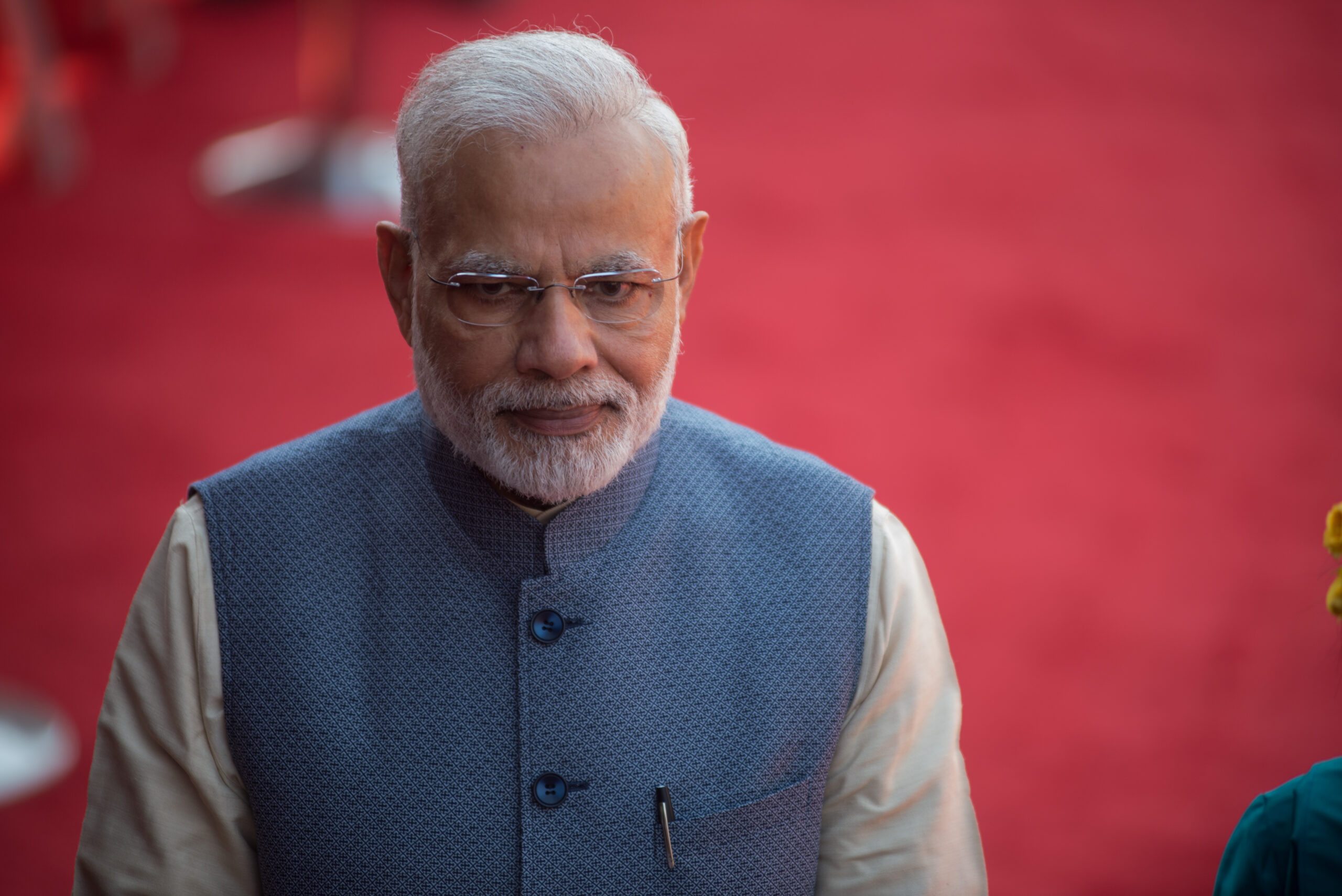
The BJP refrained from treating the Muslim minorities as representative of a monolithic entity unlike the Congress Party. It was demonstrated by the BJP government when it outlawed the practice of Triple Talaq to demonstrate its commitment to individual rights while it kept criticizing the late Indian Prime Minister Rajiv Gandhi’s steps to revoke the Supreme Court’s verdict on Shah Bano case in the 1980s as a minority appeasement strategy. In this line of thinking, the party subscribed to the existing categorization of Muslims into three main castes. Ashrafs comprising the Syeds, Sheikhs, Mughals and Pathans are considered the dominant caste groups whereas the Ajlaf and the Arzal constitute the Pasmandas the former being the backwards and the latter being the untouchables represented the dominated socially and economically backward castes including the ansaris (weavers), qureshis (butchers), kunjda (vegetable sellers), darzi (tailors), and mansoori (cotton farmers) among several others.
The BJP projected how several parties including the Congress party treated Pasmanda Muslims within the broader framework of minority appeasement and major contributor to their vote banks and how, ironically, these parties only ended up strengthening the upper-caste Muslims. Further, the party alleged that these so called secular parties hardly did anything in real terms of empowering this community and decades of Congress rule in the Post-independence India only helped the upper-caste Muslims assume significant political, administrative, social and religious positions. The party demonstrated how upper-caste Muslims were given seats in mosque boards, personal law boards and other such institutions. The BJP constructed its politics of identity centering around equality and justice within the Minority community
In this light, the BJP leader Prime Minister Narendra Modi while addressing a rally in Bhopal, the capital of Madhya Pradesh state in June 2023, spoke about the phenomenon of oppression that this section of Muslims have been undergoing. He said: “They still do not receive equal rights and are considered untouchables… However, the BJP is working with the spirit of ‘Sabka Saath, Sabka Vikas’ (Inclusivity and welfare for all).
Modi endorsed a Pasmanda Muslim Outreach Programme under the rubric of Sufi Samvad Maha Abhiyan or the Sufi dialogue which is not only aimed at establishing a communication channel to fathom concerns and worries of Pasmanda Muslims, enhancing access to various welfare schemes rolled out by government and increasing political representation of the underprivileged minority community are also part of the initiative. The party fielded mostly the Pasmanda Muslims in the Urban local bodies in UP.
The party appointed Danish Azad Ansari, a Pasmanda Muslim as the State’s Minister for Minority Welfare and Waqf in Uttar Pradesh. The BJP’s Minority Morcha was assigned with the primary responsibility to conduct various outreach events. It was engaged in disseminating campaign like ‘Shukriya Modi Bhayi Jan’ to impress Muslim communities especially Muslim women in favor of the party. The party underlined two factors for identity construction in terms of equality and justice, first the numerical preponderance of the Pasmanda Muslims constituting around 85 percent of the Muslim population in India and second, their socio-economic backwardness despite their numerical majority.
The leaders of the party argued that the ‘Inclusivity and welfare for all principle’ guided the BJP government’s action and it did not discriminate against the backward sections of the Muslim community in the dissemination of the benefits of the government schemes. The leaders of the party cited how the schemes such as PM Awas Yojna or the Ayushman Bharat Scheme benefited Muslims equally. In the run-up to the 2024 General Elections, the party launched a four-month outreach programme, which included identifying 5,000 Muslim beneficiaries of the government’s welfare schemes in each of the 65 identified constituencies and making them a part of the “Sneh Yatras” (Affection Marches).
While many commentators argue that the BJP’s anti-minority rhetoric and narratives led to its loss of seats in the General Elections, 2024, a Lokniti-CSDS survey of 2023 put out statistics of growing acceptability of the BJP among Muslims. According to the survey almost 15 per cent Muslims claimed that they would vote for the BJP in 2024 (Ahmad, H. “How do Muslims view Modi’s 9 years of rule?”, NDTV programme, June 12, 2023. (Associate Professor, Centre for the Study of Developing Societies kept these survey data before public in his opinion in the NDTV).
